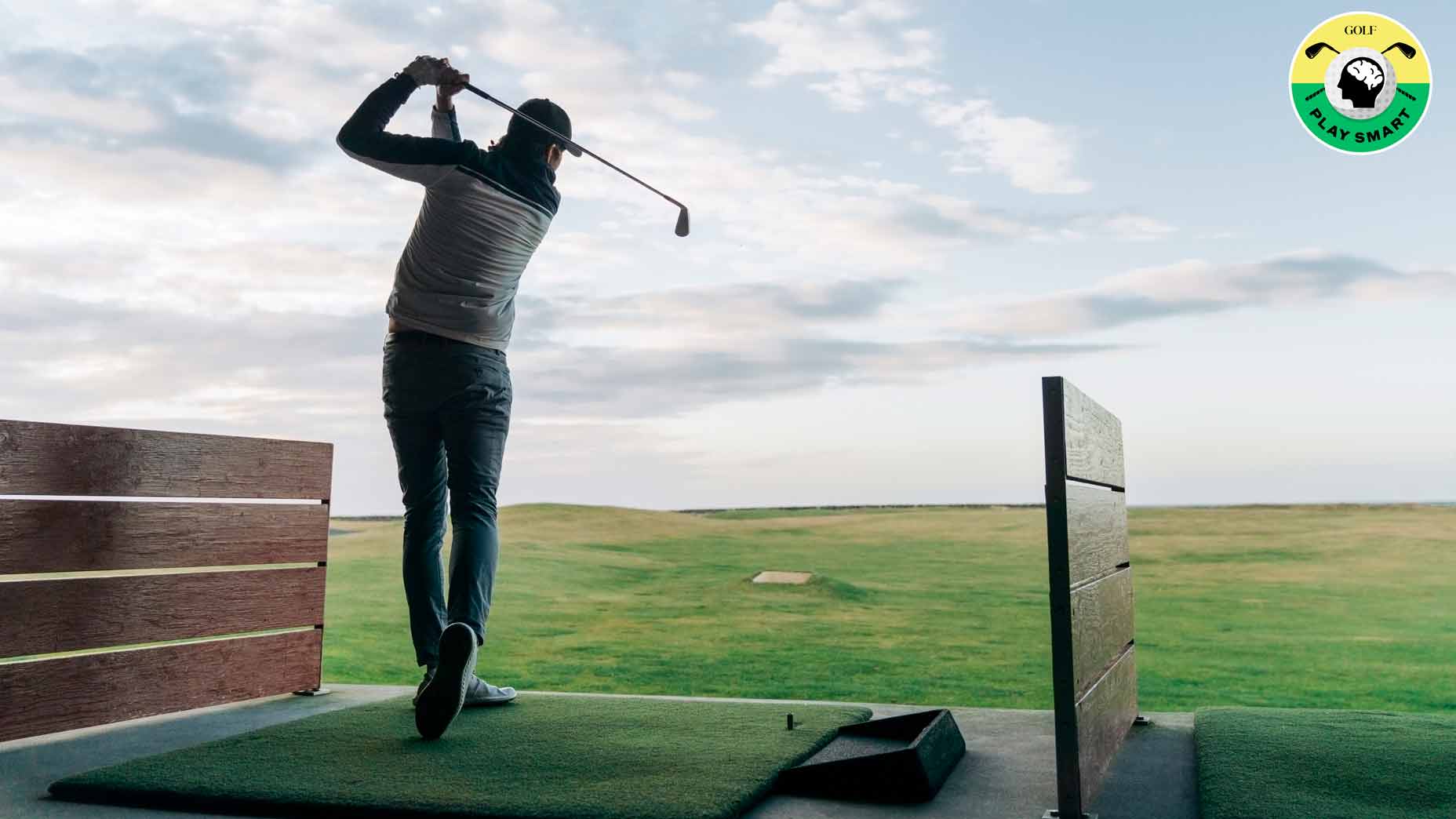Welcome to Play Smart, a regular GOLF.com game-improvement column that will help you play smarter, better golf.
Many amateur golfers are often in awe that shorter backswings can still produce enormous amounts of power and speed, especially at the professional level. Players like Jon Rahm and Tony Finau are examples of this, with both players capable of driving the ball with plenty of distance despite a short golf swing.
However, when amateurs attempt to shorten their golf swing, they’re often left with little speed, and the feeling of making poor contact. But it doesn’t have to be this way.
In today’s Play Smart lesson, GOLF Teacher to Watch Kelvin Kelley teaches us the basics of shortening your golf swing. Kelley, a Class A PGA golf pro, focuses on helping his students develop an efficient golf swing that is both repeatable and powerful.
How to shorten your golf swing
The way to efficiently shorten your golf swing is more complex than just stopping the club short of parallel at the top. It actually comes from the setup, the takeaway and the direction your body moves. The below offers a step-by-step guide (with images) showing what it takes to shorten your swing.
1. The setup
The key here is to have the trail shoulder below the lead shoulder. This is established by a slight tucking of the trail arm, making it bent and soft. This will put you in a good position for an efficient takeaway.
2. The takeaway
Your entire swing will be dictated by the first few feet the clubhead swings back. Since the clubhead has to travel the furthest in the golf swing, this needs to move first. When the clubhead moves first, the shaft can pull the body into a turn. This enables the club to travel a greater distance without much body turn required. This is demonstrated with a trail arm drill and feel.
3. Direction of turn
The direction the body moves is also critical to an efficient, shorter golf swing. After setup angles are established (first step) the body can coil around its original angles established at address. This is best felt through a “pull and grab” motion.
